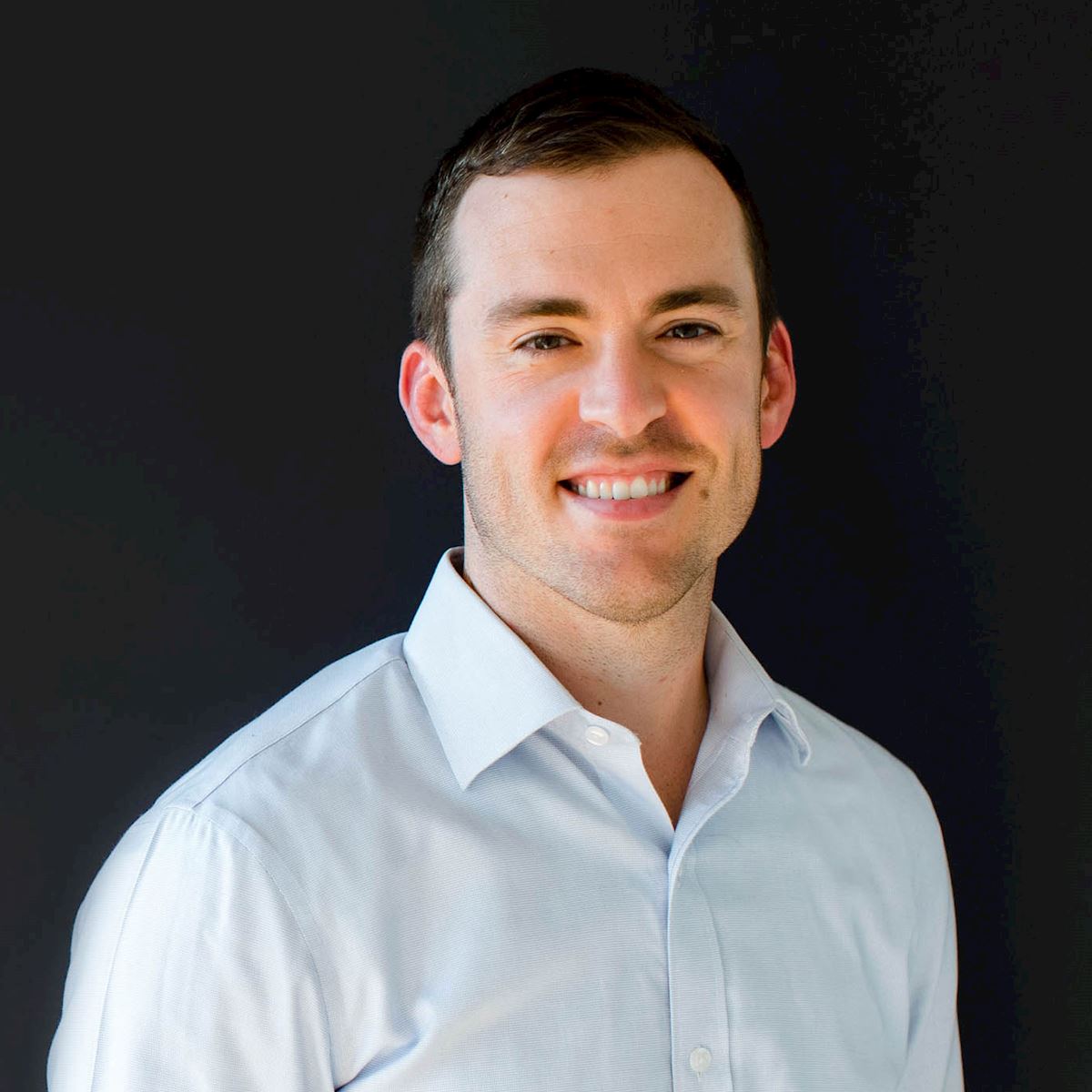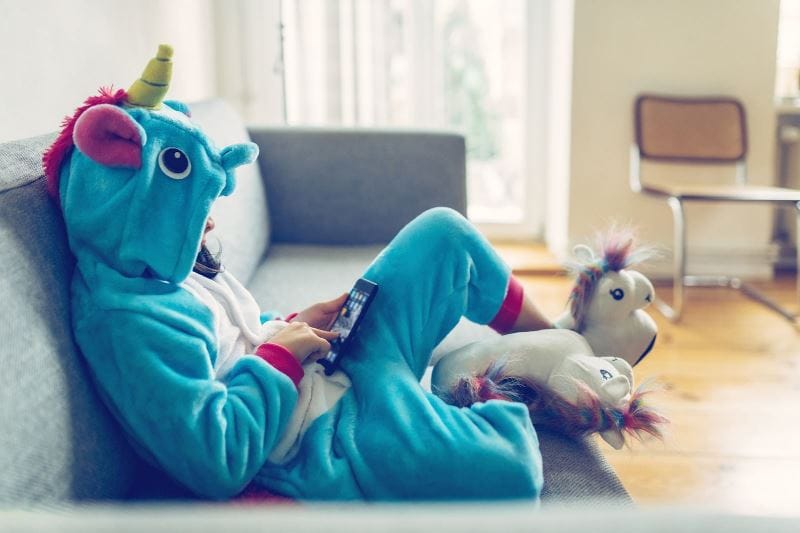Written by BJ Towe
As a parent, it’s your duty to keep your children safe. But how can you protect kids from potential bullying and other dangerous behaviors lurking within social media networks?
“A common reaction is to ban social media altogether but, in today’s connected world, that’s not realistic,” says Dr. Daniel Pelzer, a pediatrician with The Iowa Clinic in West Des Moines. “Kids will find a way to connect with their friends via a wide variety of social media apps, and they all have the potential to harm. The best defense is for parents to be involved in their child’s online life.”
Should your child even have a social media account?
Legally speaking, no child under the age of 13 should have a social media account without verifiable consent from their parents. But let’s be real — that’s next to impossible to enforce. In fact, on Facebook alone, a Consumer Reports survey found there are as many as 7.5 million kids under 13 years old and 5 million under the age of 10.
But, says Dr. Pelzer, “Most kids under age 13 aren’t yet able to logically think through the things they see or do on social media. For example, they don’t understand who else might view their selfie. It could be reposted, solicit negative comments or even be used in ads.”
Turning 13 doesn’t mean a child is ready to handle social media, either. “Research shows that more than half of all teens have made new friends via social networks, and more than 20 percent have actually met up with at least one friend they made online. Obviously, that’s dangerous,” Dr. Pelzer says.
How can you help your kids have positive online experiences?
There are good things about social media. It can help kids stay connected with friends and family. It helps them connect with others who have similar interests. Through the sharing of ideas, art and music, it can build creative-thinking skills. Social media can also be the conduit for getting involved with charitable organizations, advocacy groups and other organizations that have philosophies you support.
To accentuate the positive, Dr. Pelzer says parents play a critical role.
Be involved in your child’s online life.
Most parents are clueless when it comes to their kids’ social media activity. About 60 percent of parents underestimated how lonely, worried or depressed their kids were. About 97 percent underestimated the amount of fighting on social media. And many kids secretly use apps their parents may never have heard of or switch to the latest apps their friends are on — and their parents aren’t.
“From the moment your child starts using electronic devices, proactively talk with them about what they’re doing. Ask them to show you how to use apps they like. Join any network your child uses and monitor their activity — and when you see something that concerns you, have a loving conversation with your child about it. When parents are involved in their kids’ online lives, kids are less likely to be negatively impacted by things they see online,” Dr. Pelzer adds.
Stay involved.
To help your child develop a healthy self-esteem as well as protect their physical safety, have frequent conversations about the things they see online. For example, they may feel hurt when they learn about events and activities that didn’t include them. They may see negative comments made about them online. (For help dealing with your child’s emotions, read the article, “Emotion Coaching: One of the Most Important Parenting Practices in the History of the Universe.”) Or they may overshare, exposing events or thoughts too broadly.
“Help your child put the things they see online into proper perspective. For instance, it’s important for them to know that others’ constantly happy posts don’t reflect their full-time realities. They should never compare themselves to what they see online because that’s not real,” says Dr. Pelzer.
“And carefully monitor your child’s connections. Help them understand why it’s never a good idea to connect with people they don’t already know,” he says.
Be a good role model.
It is important to demonstrate the healthy online behaviors you expect from your child:
- Always be kind.
- Don’t overshare.
- Sign off during meals and family time.
- Incorporate technology into your life responsibly.
Leverage parental controls.
All the popular social media apps have privacy settings or parental controls. Research how to effectively use them, then do so.
For an added layer of protection, download an app that is designed to help keep kids safe, such as Pocket Guardian, MamaBear, Circle and Apple’s Family Sharing. None of these is foolproof, so review the benefits of each and choose the one that suits you best.
Sources:
https://www.parents.com/parenting/better-parenting/advice/should-your-child-have-a-social-media-account/
https://kidshealth.org/en/parents/social-media-smarts.html
https://www.cnn.com/2016/02/04/health/internet-safety-kids-social-media-parents/index.html
http://www.pewinternet.org/2015/08/06/teens-technology-and-friendships/
https://www.huffingtonpost.com/denise-lisi-derosa/kids-safety-and-social-me_b_9176810.html
https://www.verywellfamily.com/social-media-for-kids-how-to-keep-them-safe-621147


